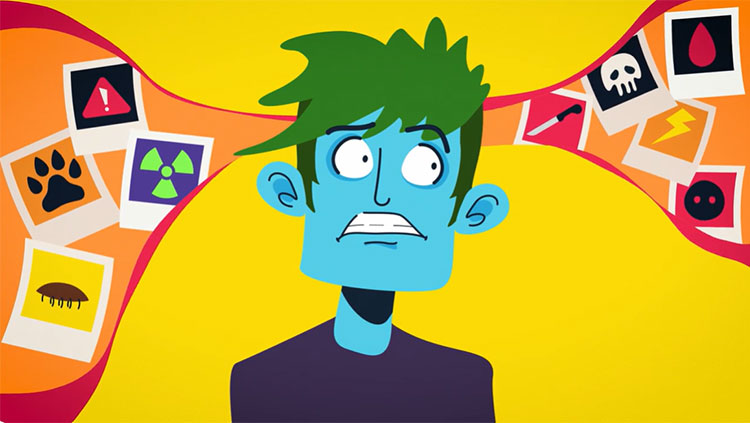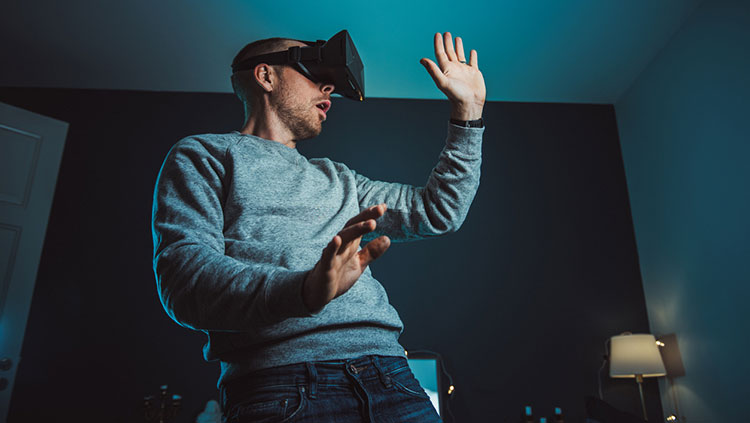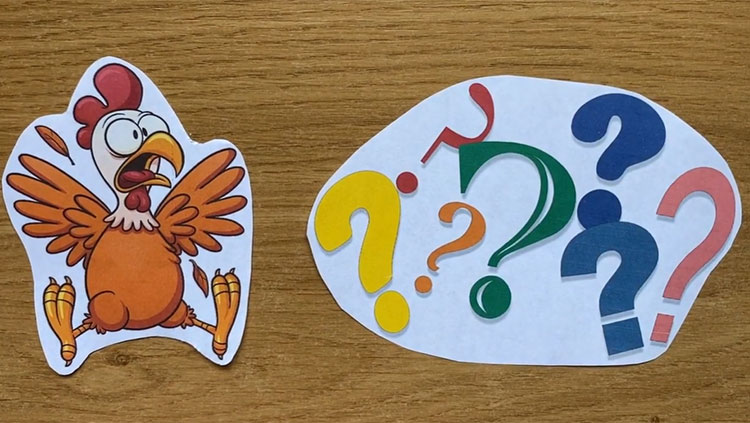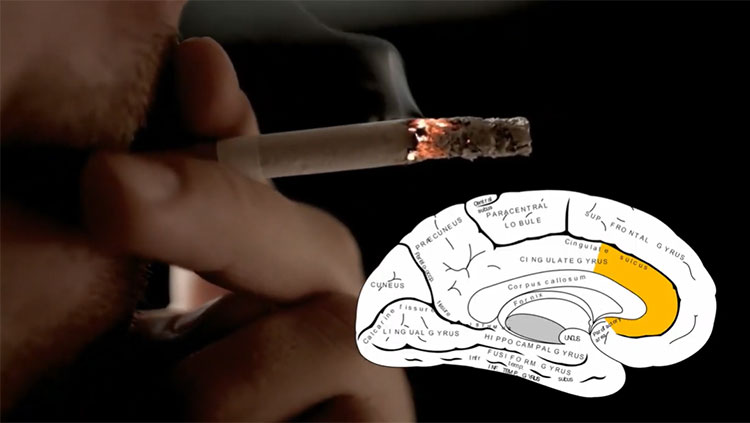Do Dogs Really Love Us?
- Published22 Sep 2017
- Reviewed22 Sep 2017
- Source BrainFacts/SfN
Dogs are man’s best friend. We treat our furry companions like they are a part of our families. But do dogs feel the same way about us, or are they just aware that we are their source of food? This film investigates whether dogs love us by reviewing behavioural and neuroscientific evidence.
This video was produced for the 2017 Brain Awareness Video Contest.
CONTENT PROVIDED BY
BrainFacts/SfN
Transcript
We love dogs! They are part of our families. If you’ve ever known a dog, you know that our poochy pals love us just as much. There’s no doubt! From the way they greet us when we get home to how they snuggle up with us on the couch. But is the love and affection from our four legged friends actually just their manipulation tactics to keep the treats coming? Do dogs really love us? Or are we just walking food dispensers? In a study out of Switzerland, dogs lead two strangers – one who would always give a treat and one who wouldn’t – to one of three boxes: one with a yummy sausage, one with a dry dog treat and one that was empty, all the cunning canines lead the stingy stranger to the empty box while taking the stranger willing to share to the sausage box.
After leading the strangers, the dogs were given the chance to lead their owners and every dog led their owner straight to the box with the sausage. Sneaky! This means dogs are clearly smart enough to learn which humans are fair and willing to share, and more importantly which are not. But does this mean that they don’t love us? Well, in a Hungarian study it was found that if dogs feel scared or anxious, they will seek comfort from their owners even over other people they know. Dogs would always differentiate between the people they know and a stranger, even when a treat was involved. Doesn’t this mean that we at least matter to our pooches?
A group at Emory University wanted to find out how our fur babies really feel about us. They trained 12 pups to go into the MRI scanner completely awake. Adorable! These very good dogs had to remain perfectly still while their handler would present them with five different scents: their own, a dog from the same family, a strange dog, a close human, and a strange human. While the dogs were sniffing away, the MRI scanner recorded the activity going on in two areas in their brains: the olfactory bulb and the caudate.
Here is a picture of a dog brain and a human brain. Besides the cortex, which is much larger in the human brain, the two are fairly similar. This is the olfactory bulb. It analyses smells. Dogs’ olfactory bulb is proportionally 40 times as large as the human olfactory bulb, because dogs rely on their sense of smell much more than we do. They use it to explore their environment and distinguish between other dogs and individual humans. In fact, scientists think that sense of smell is the most important sense dogs have. The caudate is a small structure located near the middle of the brain. The caudate in the dog brain is basically similar in size to the caudate in the human brain. Its function is also similar.
Expectation of a reward, such as a tasty treat, has been associated with increased dopamine activity in the caudate. In humans, not just food, but also social rewards, such as praise from others or even a like on Facebook increases caudate dopamine activity. The group predicted that since dogs are social animals, expectation of social rewards should activate the caudate nuclei in dogs just as they do in humans. And it turns out they were right! While the olfactory bulb was consistently activated by all scents, the caudate was most active when the dogs smelled the scent of a person they knew – even more than when they smelled the scent of one of their best canine friends. This means that dogs not only recognize the scent of their beloved owners when the owners aren’t present, but they also have a positive mental image of them. Dogs seem to prefer their humans even over their dog buddies! While this is only one study, it certainly seems like dogs really do love us! Probably. (They do)
















